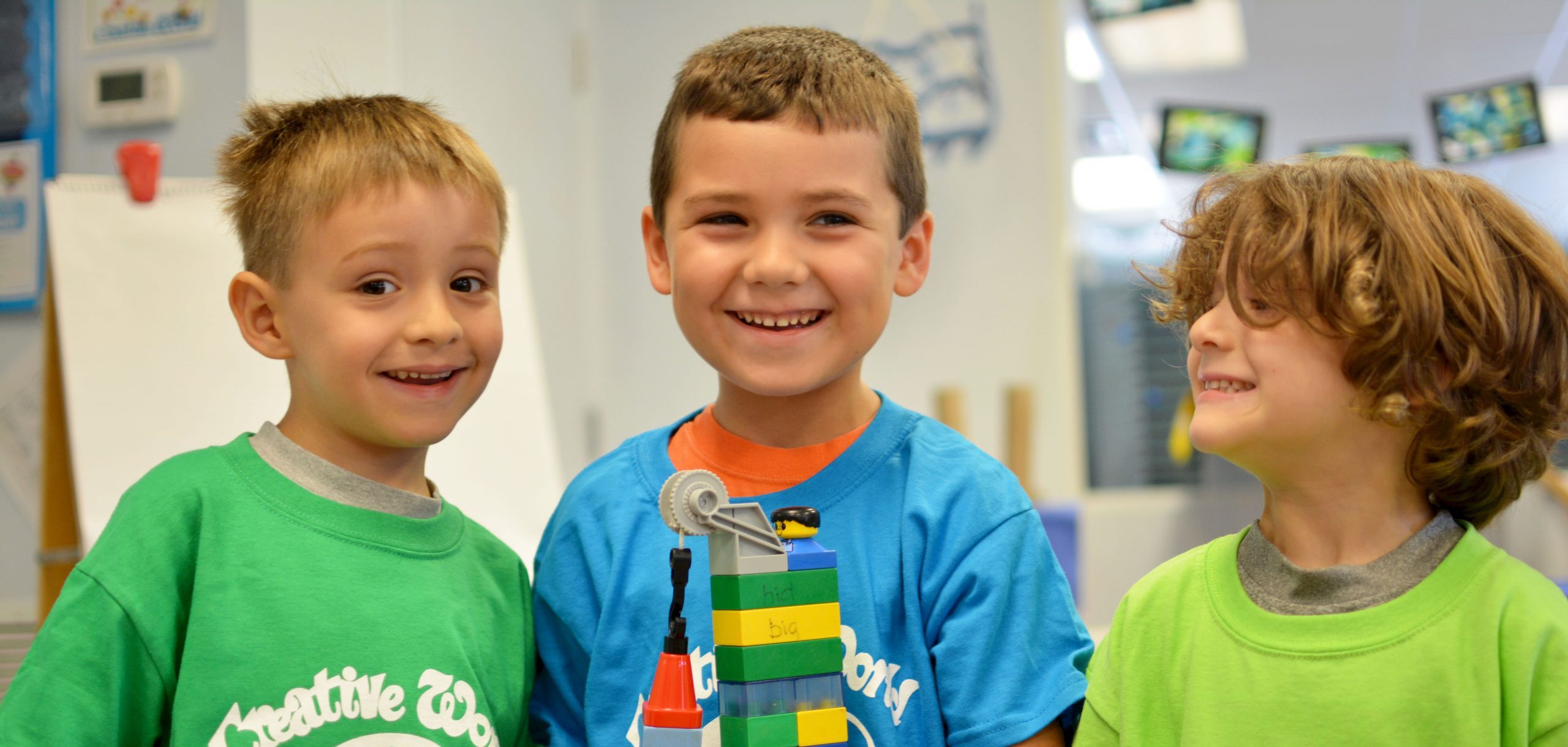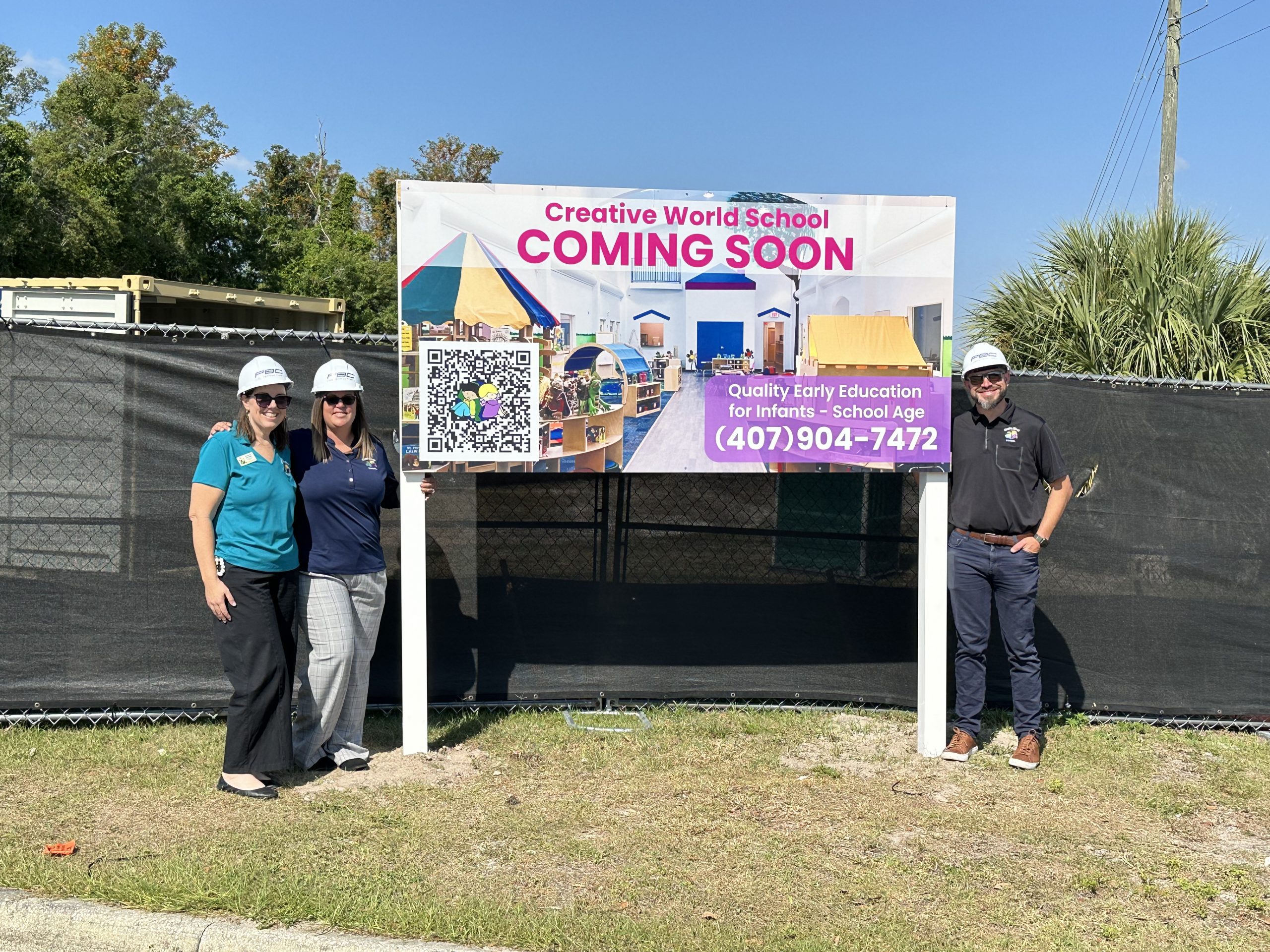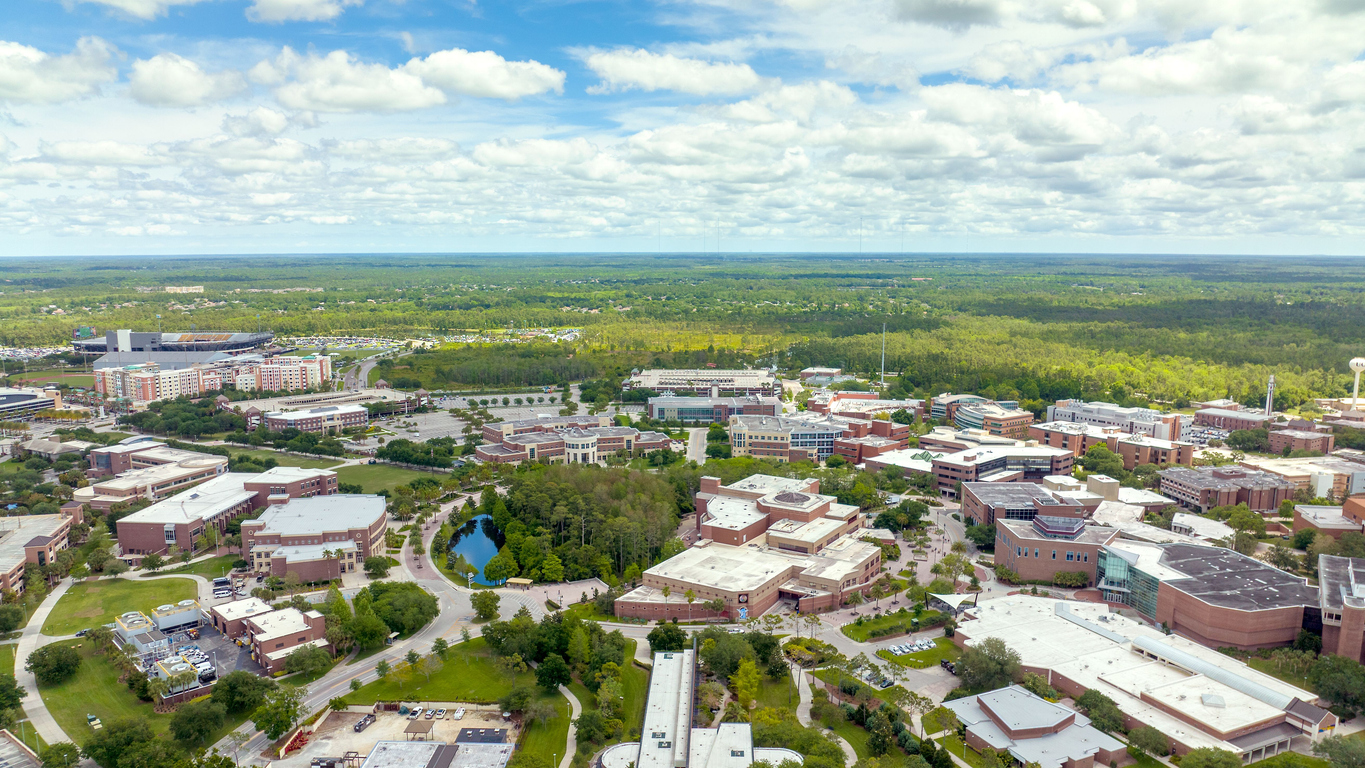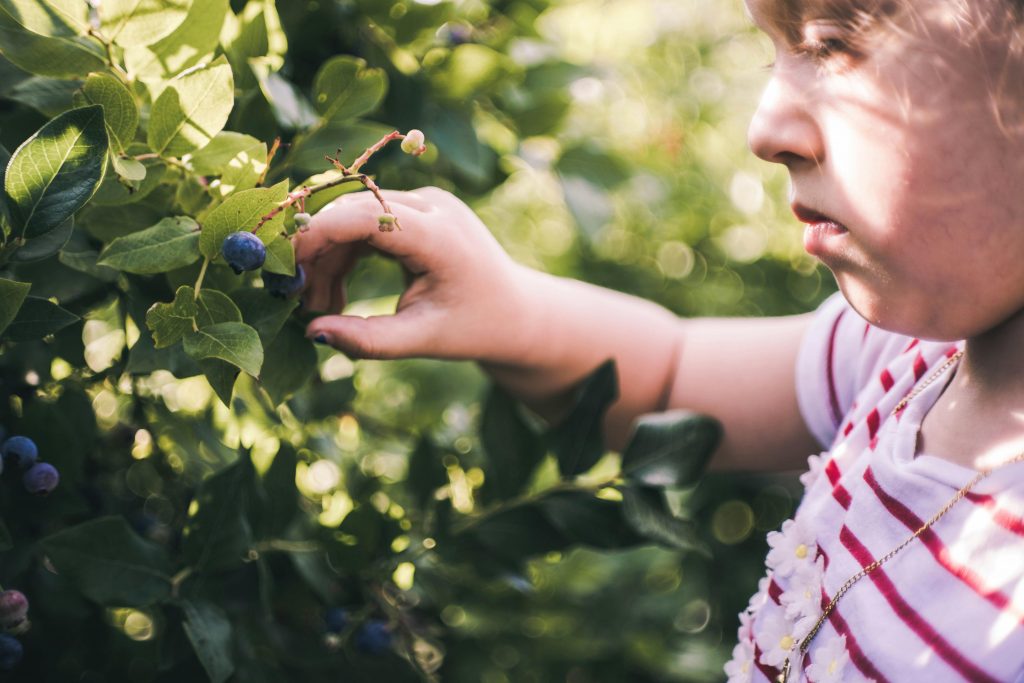
Chesapeake’s Agricultural Heritage: From Farm to Preschool Table
Creative world school Sep 15, 2025In Chesapeake, we don’t have to look far to find rolling farmland, buzzing bees, and baskets full of just-picked fruits and veggies. But did you know all that farmland also holds something even more special for little ones? It’s a natural playground for learning! Wide open fields, rows of colorful crops, and the sounds of the farm invite children to wonder, explore, and discover. Preschoolers love to get their hands dirty, ask big questions, and watch things grow. There is no better place to do that than on a farm. When we bring them into these rich, growing spaces, their learning blooms right along with the crops. Curious how Chesapeake’s farms can inspire your child’s early learning? Keep reading!
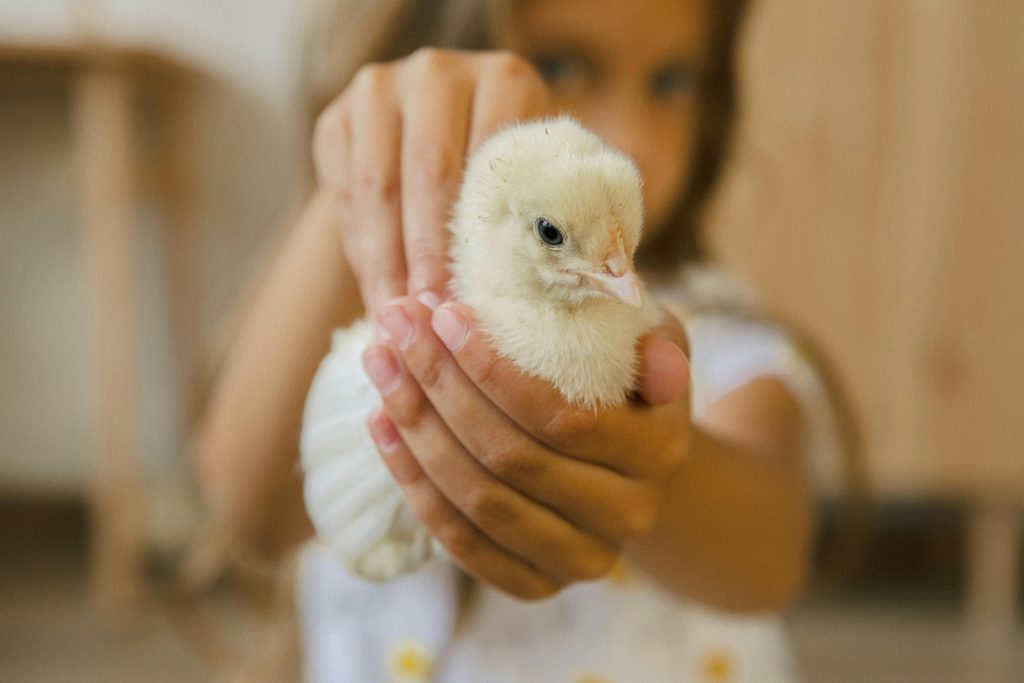
Farms Make the Best Outdoor Classrooms
Farms buzz with life, full of sights, smells, and sounds that spark big questions and curious minds. When kids visit a farm, they get to see how food grows, what animals need, and why farms are so important in our community.
At places like Hickory Ridge Farm, preschoolers can hop on hayrides, ride ponies, taste local honey, and even help pick strawberries. These hands-on experiences stick with children so much longer than anything they might just hear or see in a book. Suddenly, lettuce isn’t just something green on a sandwich. It’s something they helped snip from a garden bed! Family field trips like these are part of what makes Chesapeake farming education so special. Farm visits connect children to their food, their land, and the people who work so hard to grow what ends up on their plates.
Learning Where Food Comes From (And Why It Matters)
Preschoolers ask a lot of questions, and one of the best ways to answer those big “where does this come from?” questions is by showing them the full journey of their food—from seed to snack. Agricultural learning in preschool taps into all five senses. Kids can feel the dirt, smell fresh herbs, hear the rustle of corn, taste a just-picked tomato, and see how food really grows.
Once kids understand where their food comes from, they’re way more likely to eat it. When a child has helped water a cucumber plant or dig up a potato, they’re proud of it. They want to taste it. They’ll even brag about it! That pride leads to excitement around fruits, vegetables, and healthy choices in general. Farm-to-table Virginia learning is a real game-changer for picky eaters.
Plus, connecting kids to local farms early on helps them understand bigger ideas like how people work together to grow, harvest, and deliver food to our families. If you’re looking to explore more at home, check out the Chesapeake Virginia Cooperative Extension. It’s packed with family-friendly tools and tips for learning about local agriculture.
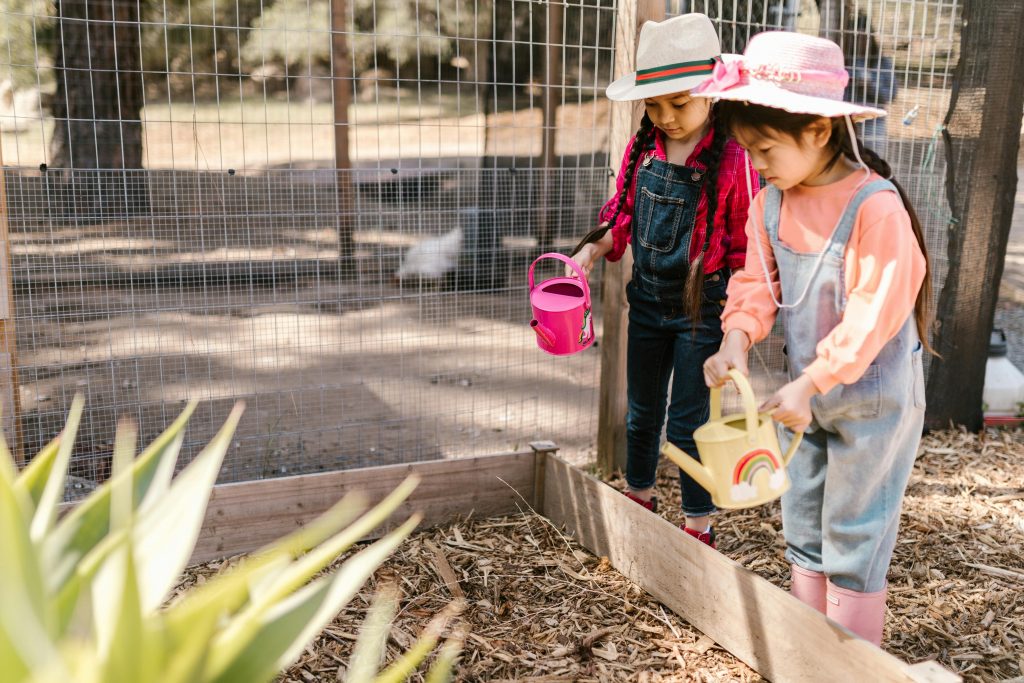
Chesapeake Seasons That Grow Learning in Every Direction
In Southeastern Virginia, our farms get to play a new role with every season. Spring kicks off with fresh greens, strawberries, and peas. Summer heats up with corn, melons, and tomatoes. Fall brings pumpkins, squash, and sweet potatoes. Even winter has its moments, with cool-weather crops like cabbage and kale.
This changing calendar is a perfect way to teach preschoolers about time, nature, and patience. When we show them how crops grow in seasons, we can talk about weather, sunshine, water, and how each plant has its own rhythm. Every month brings something new to explore, taste, and celebrate. Teachers and families can also explore the Virginia Farm Bureau’s educational resources to find games, videos, and even coloring pages all about local crops, animals, and life on the farm.
Ready to make the seasons come alive at home? Read Up in the Garden and Down in the Dirt by Kate Messner. It’s a beautifully illustrated picture book that helps children understand how a garden changes from one season to the next.
Why Farm-to-Table Learning Matters in Preschool
So why spend time learning about food systems and farms in preschool? Because it plants the seeds for so much more than just nutrition. It teaches children to appreciate their environment, care about their community, and think about the choices they make. It sparks curiosity and helps them understand that every bite of food has a story.
When children learn how food grows, who grows it, and what it takes to get it to their plates, they begin to see how everything is connected. Farmers, animals, weather, soil, water, families, and schools all play a part. These lessons help children develop empathy, responsibility, and a sense of pride in being part of something bigger.
Growing Healthy Minds at Creative World School Chesapeake
At Creative World School at Riverwalk, we bring the magic of the farm right into our preschool classrooms. We love taking inspiration from our community’s rich farming roots. From local partnerships to hands-on gardening, we make sure every child has the chance to explore the world of food, farming, and the natural world around them.
Discover how Creative World School at Riverwalk connects preschoolers to their food sources. Contact us today to learn about our agricultural education initiatives!


